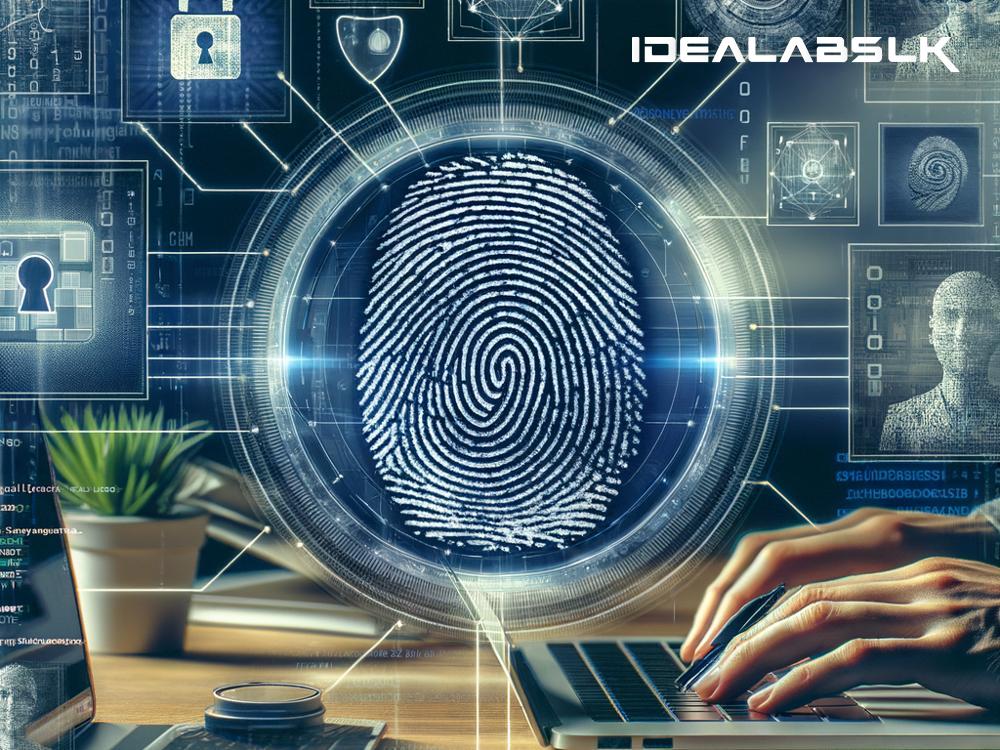Unlocking the Future of Real Estate: How Blockchain Transforms Digital Identity Management
Picture a world where buying or renting a property is as easy and secure as online shopping. Imagine a system that eliminates fraud, reduces paperwork, and simplifies the entire process of real estate transactions. This futuristic vision is closer than you think, thanks to blockchain technology. Specifically, when it comes to digital identity management in real estate, blockchain is a game-changer. Let’s break down how this innovative technology is paving the way for a revolution in the real estate sector.
What is Blockchain?
Before we dive deep into its applications, let's understand what blockchain is. At its core, blockchain is a digital ledger. Think of it as a highly secure and transparent way to record transactions that can be shared among a network of users. Once information is entered into the blockchain, it's nearly impossible to alter, providing a level of security and trust that's unprecedented in the online world.
The Challenge with Digital Identity Management in Real Estate
In traditional real estate transactions, establishing and verifying someone's identity can be cumbersome, time-consuming, and prone to errors and fraud. From fake IDs to forged documents, the risks are significant. The traditional process involves a lot of paperwork, which can be lost, damaged, or tampered with. This complexity adds to the cost and duration of real estate transactions.
Enter Blockchain
Blockchain technology offers a robust solution to these challenges through its ability to securely store and manage digital identities. Here’s how it’s transforming the real estate landscape:
-
Security and Trust: With blockchain, each transaction or record is encrypted and linked to the previous transaction, creating an immutable chain. This makes fraud incredibly difficult. Digital identities stored on a blockchain provide a secure and unfalsifiable record of a person’s identity, transactions, and property ownership.
-
Simplification and Speed: Blockchain can streamline the verification process of identities and property titles. By having digital identities and property information on a blockchain, the need for numerous documents and redundant verification processes is eliminated. Transactions that usually take weeks can be done in a matter of days or even hours.
-
Decentralization: Unlike traditional identity management systems controlled by a central authority, blockchain operates on a decentralized network. This means no single entity has control over the entire network, making it more transparent and less susceptible to manipulation or corruption.
-
Access and Control: With blockchain, individuals have greater control over their digital identities. They can decide who gets access to their personal information and for how long, enhancing privacy and data protection.
Real-World Applications
Property Transactions
Blockchain can automate and secure property transactions from start to finish. Smart contracts, which are self-executing contracts with the terms directly written into code, can streamline the buying and selling process, ensuring that all conditions are met before the transaction is completed.
Land Registry
In many countries, land registry systems are antiquated and susceptible to fraud. Blockchain can modernize these systems, providing a secure, transparent, and immutable record of land ownership and transactions.
Rental Agreements
Similar to property transactions, rental agreements can also benefit from blockchain technology. Smart contracts can automatically enforce the terms of a lease, including rent payments, maintenance obligations, and lease termination, making the process more efficient and less prone to disputes.
The Path Forward
While blockchain technology holds immense potential for revolutionizing digital identity management in real estate, it’s not without challenges. Regulatory hurdles, technology adoption, and privacy concerns are some of the issues that need to be addressed. However, as technology progresses and more stakeholders recognize its benefits, blockchain is poised to become a cornerstone of digital identity management in the real estate industry.
In Conclusion
The integration of blockchain into digital identity management represents a significant leap forward for the real estate sector. It promises enhanced security, efficiency, and trust, making real estate transactions smoother, faster, and more reliable. As we stand on the brink of this transformation, it's clear that blockchain technology could very well be the key to unlocking the future of real estate.

